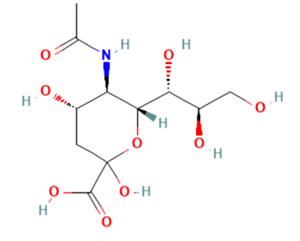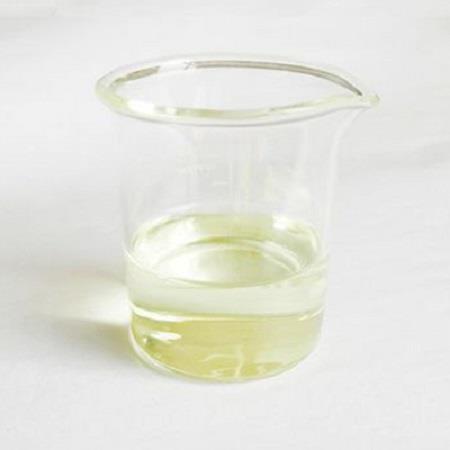Production and research of Chitosan hydrochloride
Chitosan hydrochloride is the chloride salt of an unbranched binary heteropolysaccharide consisting of the two units N-acetyl-D-glucosamine and D-glucosamine, obtained by partial deacetylation of chitin normally leading to a degree of deacetylation of 70.0 per cent to 95.0 per cent. Chitin is extracted from the shells of shrimp and crab.
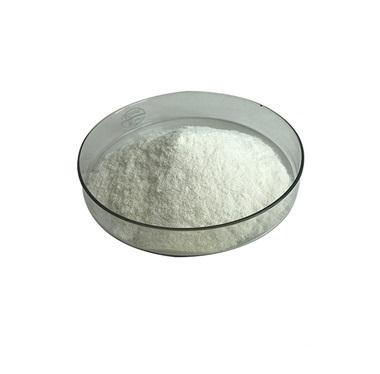
Characters
Chitosan hydrochloride is a white or almost white, fine powder. Solubility: sparingly soluble in water, practically insoluble in anhydrous ethanol.
Identification
A. Infrared absorption spectrophotometry (2.2.24). Preparation: discs. Comparison: chitosan hydrochloride CRS.
B. It gives reaction (a) of chlorides (2.3.1).
C. Dilute 50 mL of solution S (see Tests) to 250 mL with a 25 per cent V/V solution of ammonia R. A voluminous gelatinous mass is formed.
D. To 10 mL of solution S add 90 mL of acetone R. A voluminous gelatinous mass is formed.
Production
Chitosan is produced commercially by deacetylation of chitin, which is the structural element in the exoskeleton of crustaceans (such as crabs and shrimp) and cell walls of fungi. The degree of deacetylation (%DD) can be determined by NMR spectroscopy, and the %DD in commercial chitosans ranges from 60 to 100%. On average, the molecular weight of commercially produced chitosan is 3800–20,000 daltons. A common method for obtaining chitosan is the deacetylation of chitin using sodium hydroxide in excess as a reagent and water as a solvent. The reaction follows first-order kinetics though it occurs in two steps; the activation energy barrier for the first stage is estimated at 48.8 kJ·mol−1 at 25–120 °C and is higher than the barrier to the second stage.
Research
Chitosan and derivatives have been explored in the development of nanomaterials, bioadhesives, wound dressing materials,improved drug delivery systems,enteric coatings,and in medical devices.Chitosan nanofiber membranes have a high degree of biocompatibility and may support new bone formation.Chitosan-derived metallic nanomaterials are under study for wound healing.Chitosan is under research as an adjuvant for a potential intranasal vaccine delivery method.
);You may like
See also
Lastest Price from Chitosan Hydrochloride manufacturers
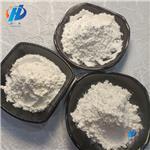
US $15.00/kg2024-04-28
- CAS:
- 70694-72-3
- Min. Order:
- 1kg
- Purity:
- 99.912%
- Supply Ability:
- 10ton
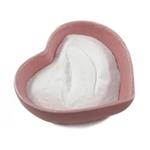
US $100.00/kg2024-02-27
- CAS:
- 70694-72-3
- Min. Order:
- 1kg
- Purity:
- 0.99
- Supply Ability:
- 100 tons

